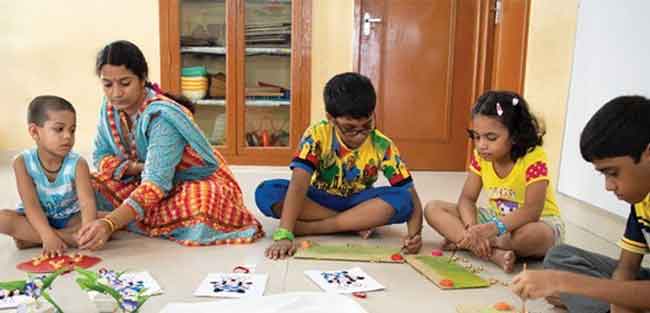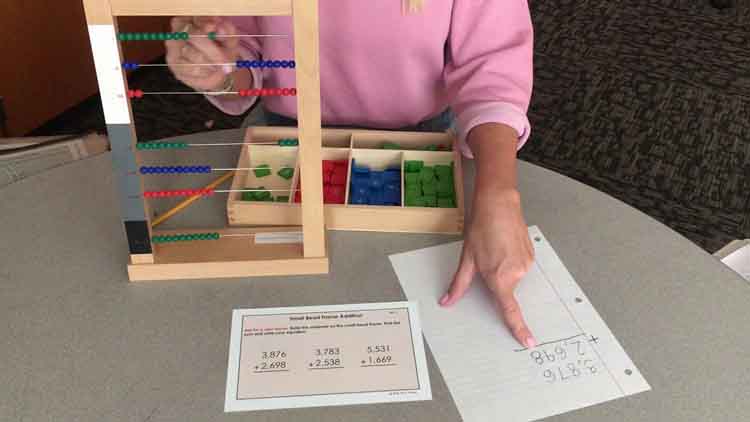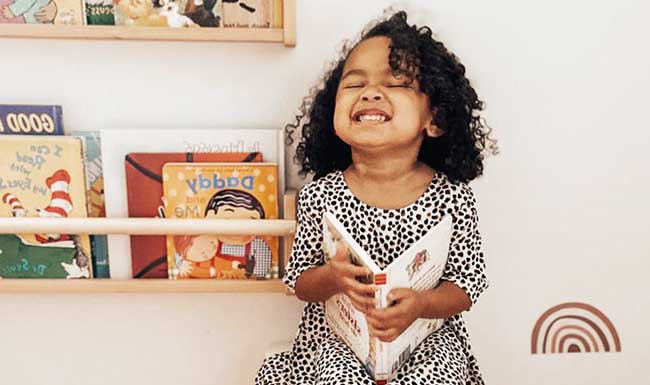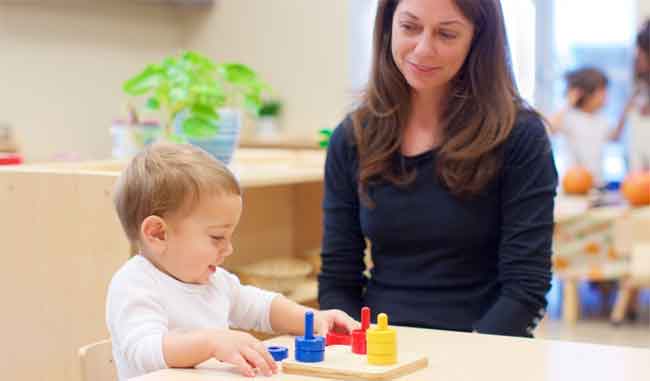In a rapidly changing world, parents are increasingly seeking educational methods that equip their children with the skills needed for the future. Montessori education stands out as a transformative approach that nurtures a child’s natural curiosity and fosters independence, critical thinking, and creativity. In this article, we will explore the principles of Montessori education and how they prepare children for success in a dynamic and interconnected world.
Understanding Montessori Education
1. Origins and Philosophy
Montessori education was developed by Dr. Maria Montessori in the early 20th century. The method is grounded in the belief that children learn best in environments that respect their individuality and allow them to explore at their own pace. The Montessori approach emphasizes hands-on, experiential learning and encourages children to follow their interests, leading to a lifelong love of learning.
2. Child-Centered Learning
At the core of Montessori education is the child-centered approach. In a Montessori classroom, children are viewed as active participants in their own learning process. They are encouraged to choose their activities, work collaboratively, and engage in self-directed projects. This autonomy fosters a sense of responsibility and intrinsic motivation, qualities that are essential for future success.
Key Principles of Montessori Education
1. Prepared Environment
A Montessori classroom is meticulously designed to facilitate learning. The environment is structured yet flexible, offering a variety of materials that cater to different learning styles. Each area is dedicated to specific subjects, such as practical life skills, sensorial exploration, mathematics, and language. This carefully prepared environment allows children to choose activities that interest them, promoting engagement and exploration.
2. Hands-On Learning
Montessori education emphasizes hands-on experiences that allow children to learn through exploration and discovery. Materials are designed to be tactile and sensory-rich, encouraging children to manipulate objects and engage with concepts concretely. For instance, children learn math through counting beads or exploring geometric shapes with hands-on tools. This experiential learning solidifies understanding and helps develop critical thinking skills.
3. Mixed Age Groups
Montessori classrooms typically consist of mixed-age groups, fostering collaboration and peer learning. Older children often mentor younger ones, reinforcing their own knowledge while developing leadership and communication skills. This multi-age environment mirrors real-world situations, teaching children to work together and appreciate diverse perspectives.
Preparing Children for the Future
1. Critical Thinking and Problem Solving
In today’s world, the ability to think critically and solve problems is essential. Montessori education encourages children to ask questions, explore solutions, and think independently. Through open-ended activities and projects, children learn to analyze situations, evaluate options, and make informed decisions—skills that are invaluable in an ever-evolving job market.
2. Creativity and Innovation
Montessori education fosters creativity by encouraging children to express themselves and explore their interests. Children engage in art, music, and imaginative play, allowing them to develop innovative thinking. This creative foundation is vital in a world that increasingly values originality and out-of-the-box problem-solving.
3. Collaboration and Communication
In a globalized society, effective collaboration and communication skills are crucial. Montessori classrooms promote teamwork through group activities and projects, helping children learn how to work together towards a common goal. By engaging in respectful dialogue and sharing ideas, children develop strong interpersonal skills that will serve them well in their future endeavors.
4. Adaptability and Resilience
The future will undoubtedly present challenges, and the ability to adapt is key. Montessori education nurtures resilience by allowing children to take risks, make mistakes, and learn from failures. When children are encouraged to persevere through difficulties, they build confidence and adaptability—qualities essential for navigating the complexities of life.
The Role of the Montessori Educator
In a Montessori setting, the educator plays a unique role as a guide and facilitator. Rather than being the central authority in the classroom, Montessori educators observe and assess each child’s interests and developmental progress. They provide individualized support, introducing new materials and concepts when the child is ready. This personalized approach ensures that each child receives the attention and resources they need to thrive.
Benefits of Montessori Education
1. Holistic Development
Montessori education nurtures the whole child—emotionally, socially, physically, and intellectually. By addressing various aspects of development, children emerge as well-rounded individuals ready to face the challenges of the future.
2. Lifelong Love of Learning
By allowing children to explore their interests and follow their passions, Montessori education instills a love of learning that lasts a lifetime. Children develop curiosity and a desire to seek knowledge beyond the classroom.
3. Global Citizenship
Montessori education emphasizes cultural awareness and respect for diversity. Children learn about different cultures, languages, and global issues, preparing them to become compassionate, informed citizens of the world.
Montessori education offers a unique and effective way to prepare your child for the future. By fostering independence, critical thinking, creativity, and collaboration, Montessori classrooms equip children with the skills needed to navigate an increasingly complex world. The child-centered approach, hands-on learning, and emphasis on holistic development create an enriching environment that nurtures lifelong learners.
As parents and educators, embracing the principles of Montessori education can empower children to thrive in their future endeavors. With its focus on cultivating essential life skills and a genuine love for learning, Montessori education is a valuable investment in your child’s future success.




